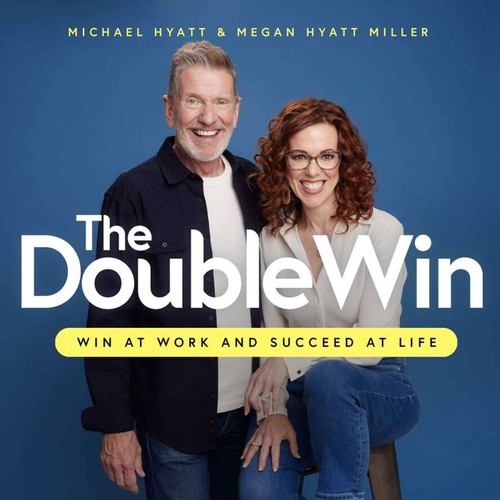
 The Double Win
The Double Win How to Empower Your Employees to Win | Helen Kupp
Jan 10, 2023
Helen Kupp, co-founder of Future Forum and co-author of 'How the Future Works,' shares her insights on flexible work environments and enhancing employee engagement. She discusses the transformative impact of trust in fostering innovation and work-life balance. Kupp emphasizes the importance of proactive management and clear expectations to boost morale and combat burnout. She also highlights the value of a digital-first approach and flexibility in empowering teams, advocating for clarity and empathy in leadership to optimize performance.
Chapters
Transcript
Episode notes
1 2 3 4 5 6 7
Intro
00:00 • 2min
Empowering Employee Experience
01:59 • 10min
Empowering Through Clear Expectations
12:03 • 14min
The Power of Positive Feedback and Self-Coaching
26:20 • 2min
Empowering Employees Through Flexibility and Digital Strategies
28:15 • 2min
Embracing Flexible Work Structures
30:10 • 21min
Implementing Flexible Work Strategies for Business Success
50:57 • 3min
